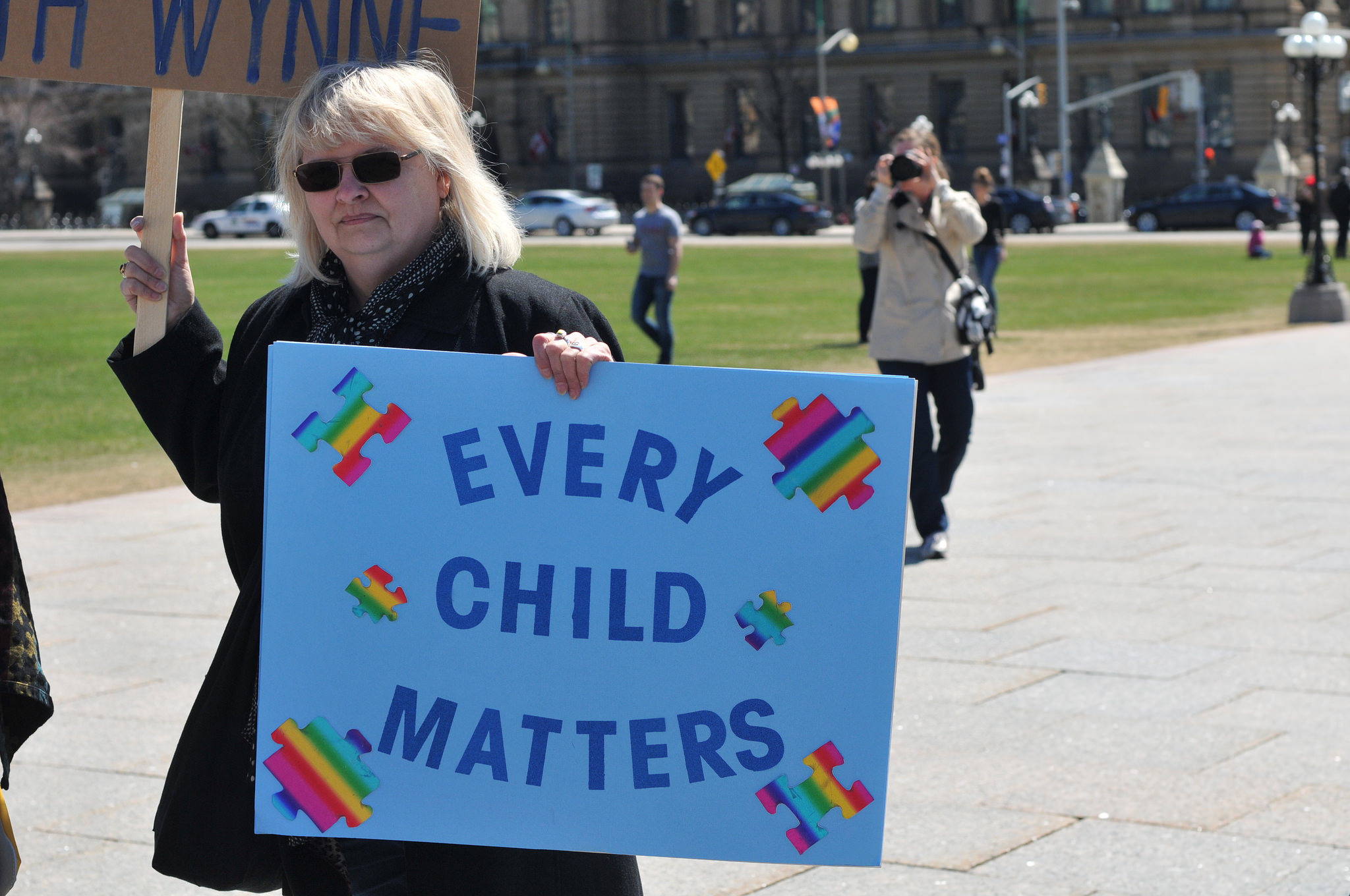
In 2006, it was projected that 1 in every 110 children were diagnosed on the autism spectrum, one that includes disorders such as autism, Asperger’s Syndrome and pervasive developmental disorder. In percentages, it is slightly less than one percent. I am not ashamed to say that I am not only a member of that one percent, but also a strong voice of that fraction.
Since 2006, the prevalence of the spectrum has gone up from 1 in 110 to 1 in 59, according to the Centers for Disease Control and Prevention. With greater prevalence comes greater awareness and understanding, and it shows. If you look in film and media, autism has gone from the almost non-verbal institutionalized genius such as Ray Babbitt in “Rain Man” to the verbal, socially awkward and misunderstood genius Dr. Shaun Murphy on ABC’s “The Good Doctor.”
The evolution of autism awareness has also led to organizations such as the Philadelphia Eagles organizing the Eagles Autism Challenge May 19, a biking and running fundraiser from which 100 percent of donations will be split amongst three organizations: the A.J. Drexel Autism Institute, the Children’s Hospital of Philadelphia and Jefferson Health.
However, while the prevalence has helped the public understand the spectrum, more money needs to go towards research, because even though we have learned so much about the spectrum since the 1950s, we still have so much farther to go in order to completely understand it.
In the 1950s, Leo Kanner and Hans Asperger, two psychiatrists working separately with different groups of institutionalized children, discovered the same disorder. As Kanner described it, “there is, from the start an extreme autistic aloneness that, whenever possible, disregards, ignores, shuts out anything that comes to the child from the outside.”
Now, Kanner and Asperger may have both identified it, but could not come up with a cause. That would come from Bruno Bettelheim, a German psychiatrist who had survived the Holocaust. Based upon his own experiences and his Freudian belief, he concluded what would become the norm for decades: the Refrigerator Mother hypothesis. In other words, autism was caused by a mother who did not give her child enough love and attention, and as a result, the child turned inward.
Nowadays, that sounds like complete hogwash. Kids becoming autistic because their mothers wouldn’t give them attention is just as improbable as vaccines causing any spectrum disorder. However, that was the paradigm until Bernard Rimland proved Bettelheim wrong by proving autism wasn’t psychological but rather biological, through the study of identical twins with autism.
Most current research expands from Rimland’s work. As such, we know how autism and other spectrum disorders affect the brain, with its pathways much different from those of the typical brain. It is because of this work too that we now understand autism is not alone — there not only is a spectrum of disorders, but a spectrum of function, from high to low.
However, there are still many things that we do not understand, which is why more funding is required. The most important question being: what exactly causes autism? We still do not know, hence the reason why there is so much fear and paranoia around vaccines, although there is no scientific evidence that indicates they cause autism. It is for this reason that more funding is required, more understanding needs to be brought in and we need to do more. We have come a long way in the last 60 years. However, when it comes down to the wire, we still have a very long way to go.


